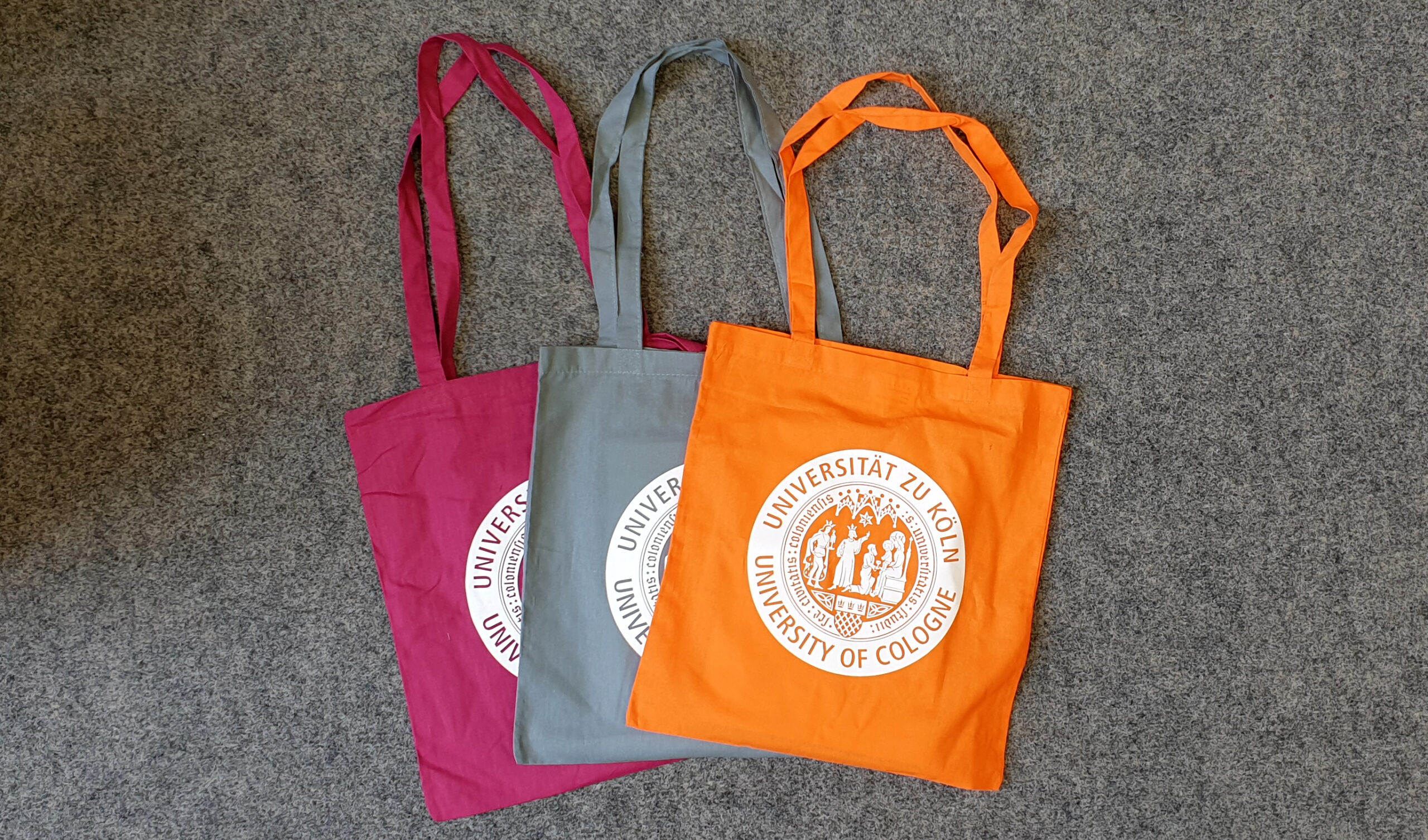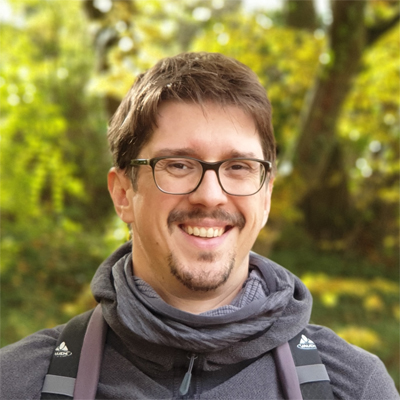Preparing a conference
So when this post goes live, the conference I am co-organising is nearly over. But as I am over-organised these days anyway, I prepared this post in advance. I did this to let you know, what preparing a conference is like and what I needed to take care of. This will be just a short overview, but it’ll get the essence of it.
What conference?
So I mentioned it before in my Newsletter and also posted an announcement on my other blog Archaeoinformatics. The last couple of months I was co-organising the Joint Chapter Meeting of the CAA Germany, Netherlands and Flanders here in Cologne. The conference was taken/takes place between the 5th and 7th of October (so actually right now!). It offers presentations about Digital and Computational Archaeology as well as a social programme.
I did not organise this conference on my own, as we have a Organising Committee as well as six highly motivated students. But I can say that I took part in most of the organisation here on site, so I have a good overview. Let me tell you…
Tasks in the very beginning
When we first met in November 2011 (nearly a year ago), we discussed the estimated size of the conference, possible venues, excursions and numbers of students to help out. We quickly decided, that we need a website with information and an insurance for the event. The most important thing was however WHEN the conference should take place. We had a couple of options, but decided for the 5-7 October 2022.
We quickly found the Fritz Thyssen Foundation, who very nicely offered us their rooms for free. With a venue, a lot was won, as we now knew where everything was happening. Insurance was luckily not a problem as well, as the university was covering it for the event. In February, we published a Call for Paper. We also tried to come up with some excursions that participants were happy to try out here in Cologne.
Tasks before the conference
While the Scientific Committee was evaluating the applications for the conference, we started to think about conference bags and finances. Participants had to pay a participation fee and the idea was to keep this as low as possible. So I organised some “swag” from the University of Cologne to give to the participants.
In August, we published the programme and I set up an online form to register for the event. In the end we had around 70 registrations, which is not that bad for a Joint Chapter Meeting. I organised restaurants for a get-together and a conference dinner. I organised a guided tour through a current exhibition here in Cologne and several spots on the TimeRide Cologne, a virtual reality tour.
Finally, I met with the students to prepare name tags and pack the conference bags (see photo of this post). We straightened out some last questions and met one hour before the conference started to prepare everything else that was left at the venue.
Tasks during the conference
Student helpers needed to do the registration (especially on the first two days) and prepare and clean the coffee breaks. We also had a Welcome Reception at the venue, so we needed to do some shopping. It was prepared by us and executed by the students. We had to organise session chairs that hosted parts of the event and finally escort the people to the social events. To organise ourselves, we set up a chat group to quickly communicate and a Notion page, with tasks that needed to be done. It helped immensely!
All in all, (although I prepared this post) I can say that it went very smoothly. I am super proud of the organisation team here in Cologne, as we managed to overcome most of the problems. An event with 70 participants and only one concurrent stream of presentations, is definitely not the biggest one. I am confident however, that we will also manage bigger conferences in the future, if there are any.







